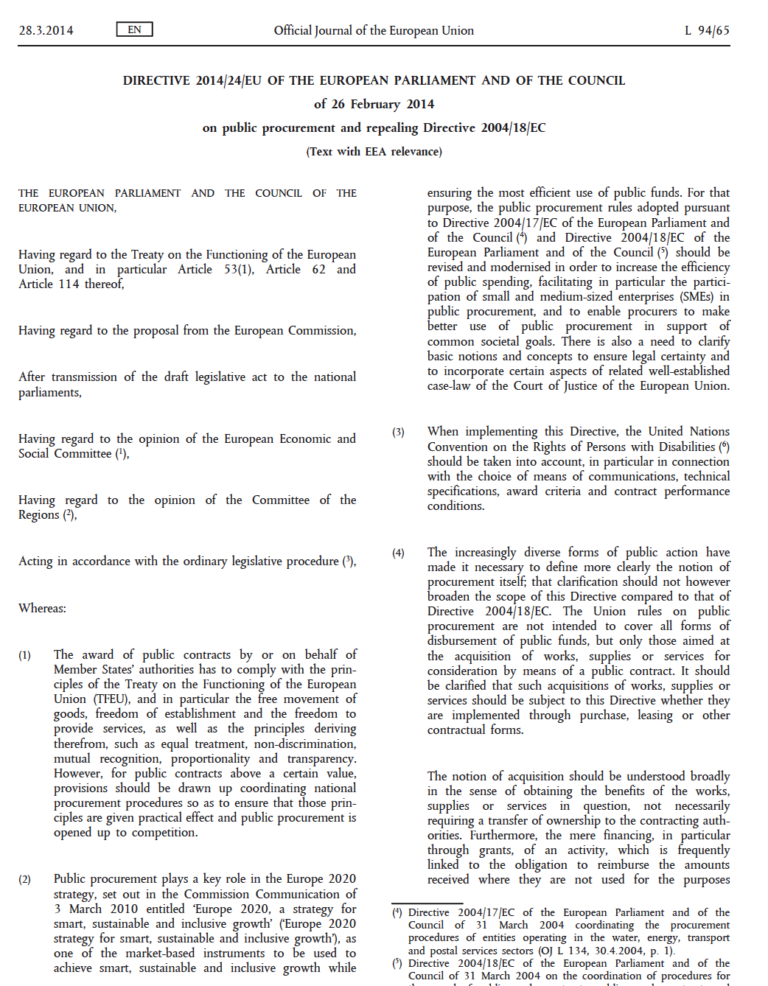Policy Brief Climate, Crime and Exploitation
LegislationAt least 3 billion people live in contexts highly exposed to the impacts of climate change19 and yet more to non-climatic environmental degradation and disaster. Even if the world meets the currently improbable target of limiting global warming...Read More

